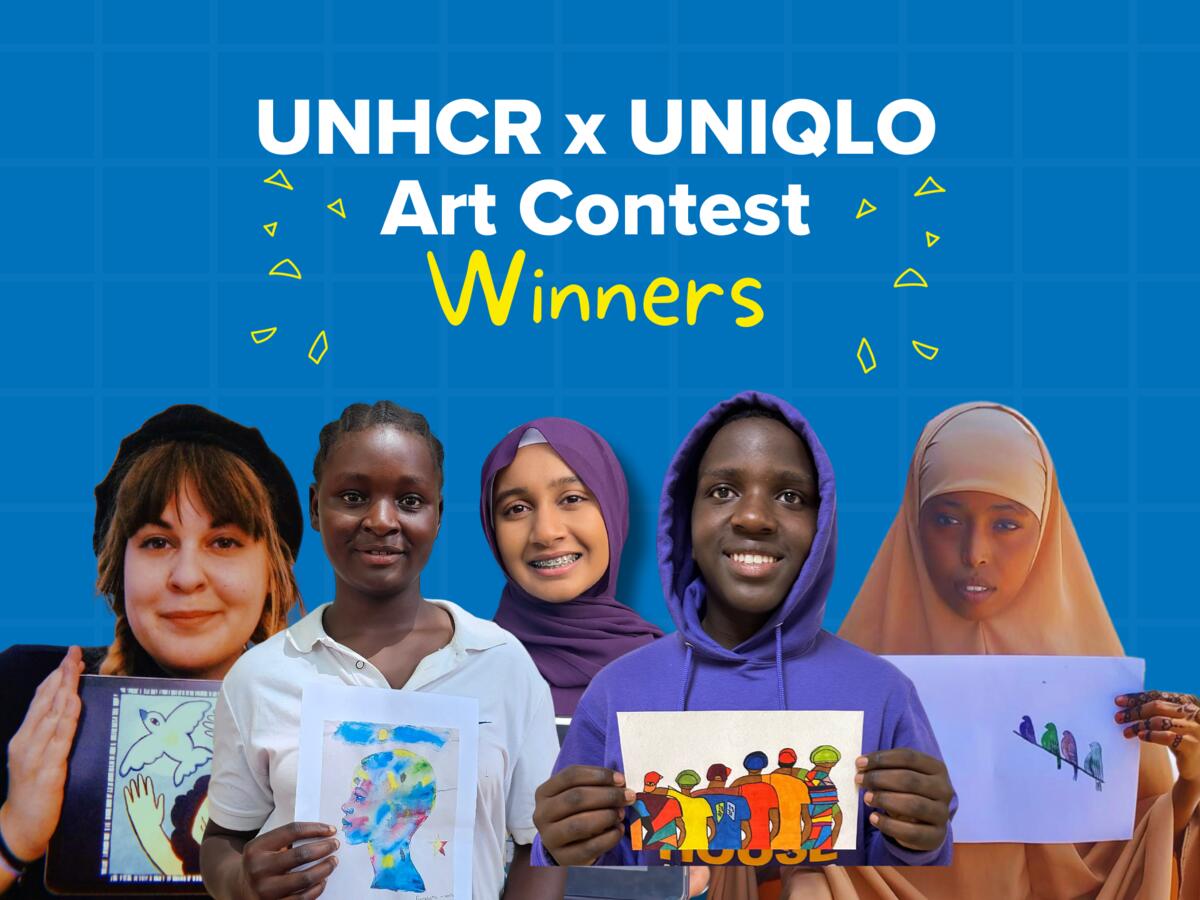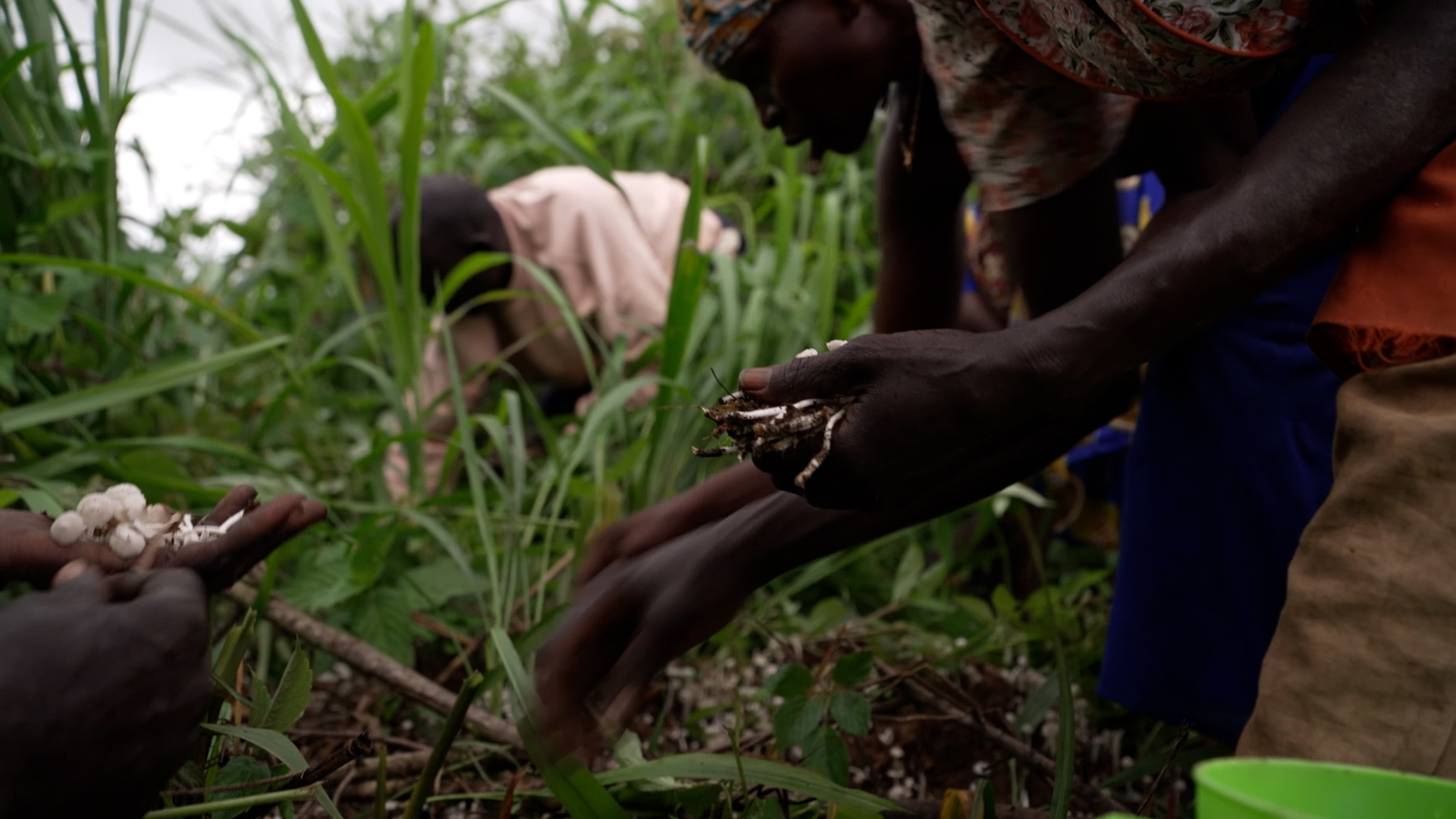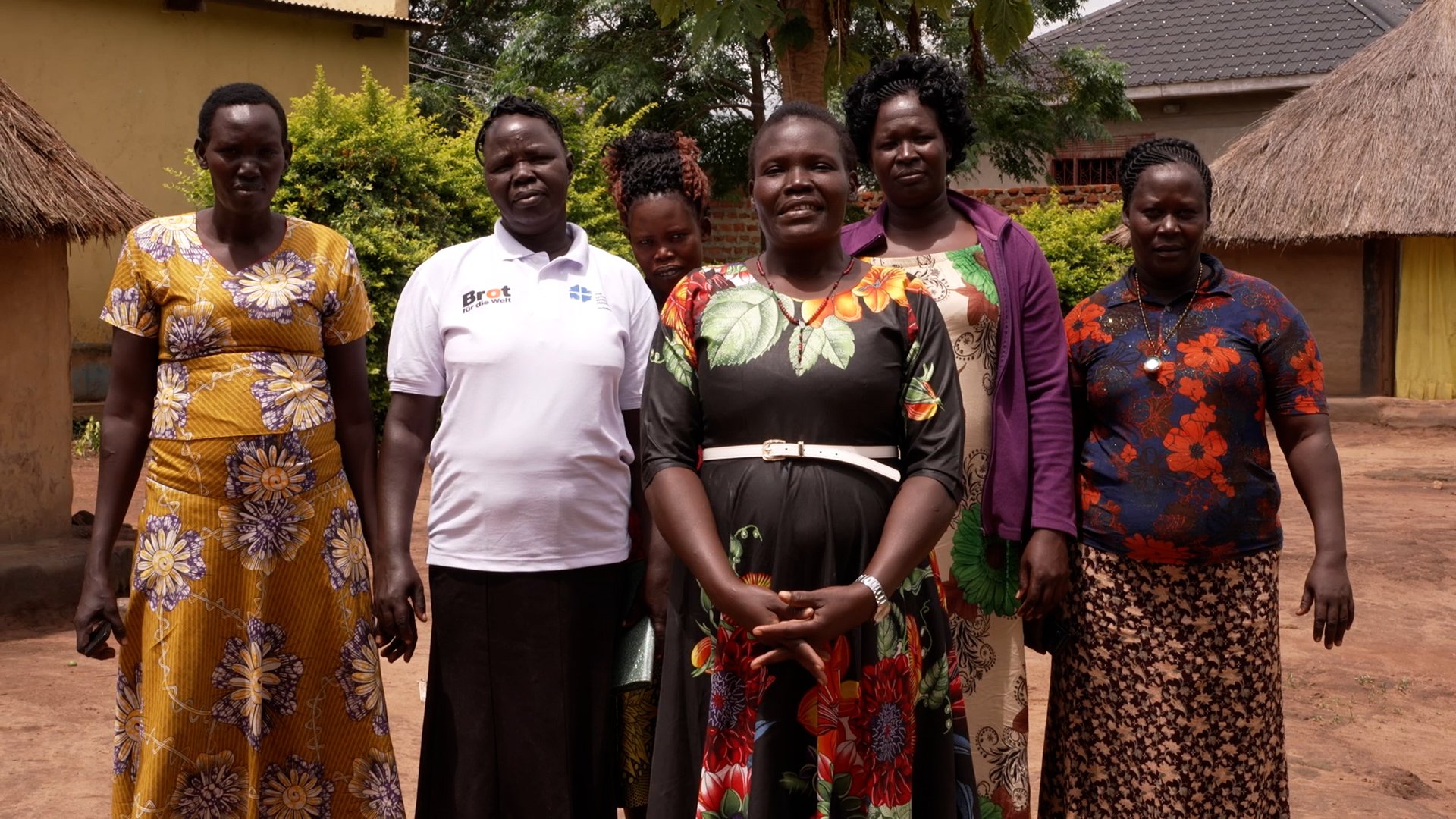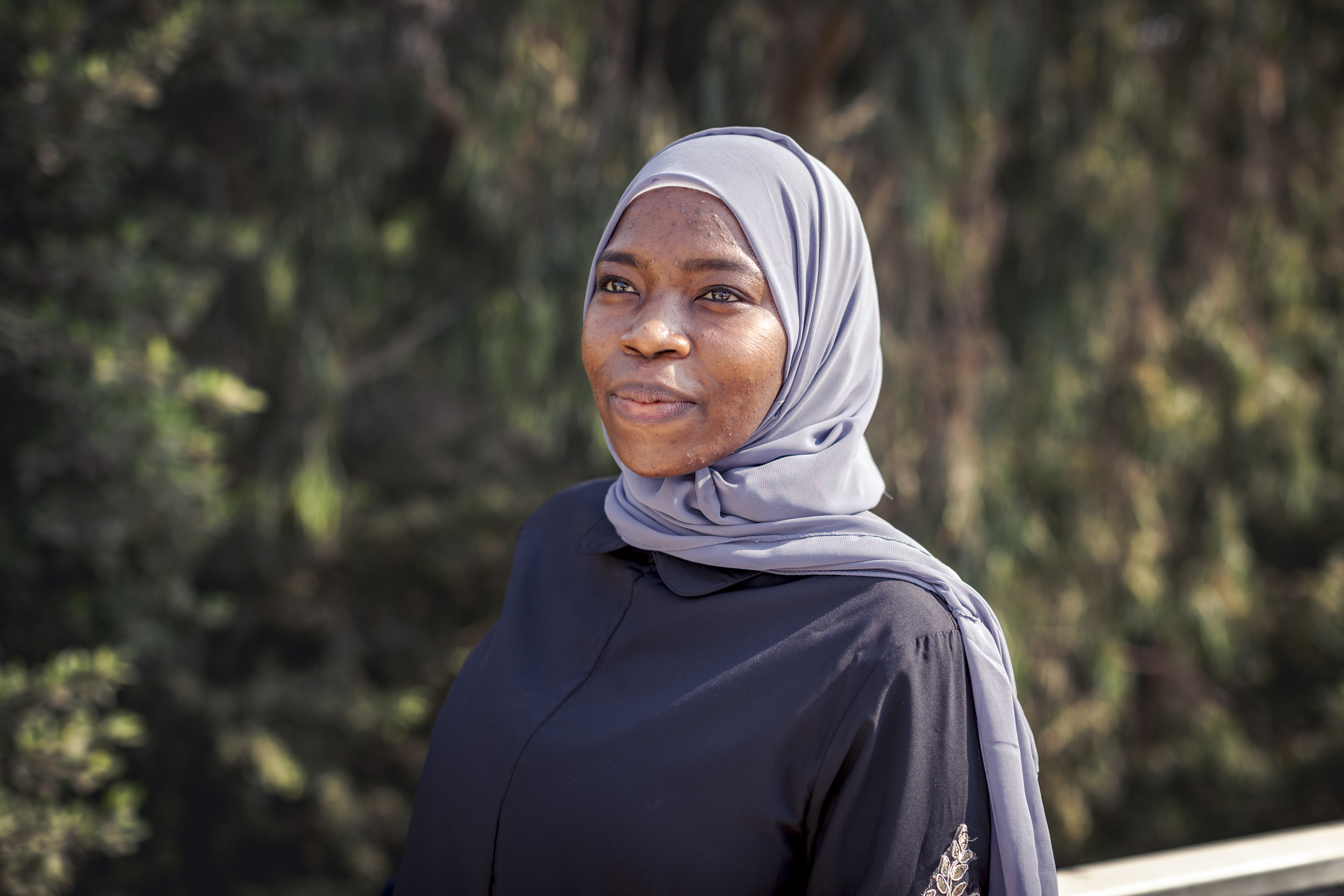Afghanistan at the crossroads: Street kids turn from beggars to beauticians
Afghanistan at the crossroads: Street kids turn from beggars to beauticians

KABUL, Afghanistan, November 12 (UNHCR) - Every day, Afghan children ply the streets of Kabul selling anything from newspapers to chewing gum, phone cards and plastic bags. Some station themselves at busy junctions and weave through traffic waving a can of smoking coal to ward off the evil eye. Others simply beg from passing strangers.
There are an estimated 50,000 to 60,000 street children in the Afghan capital alone. Among them are those who could not afford an education as refugees in Iran or Pakistan, and are unable to go to school as returnees in Afghanistan because they have to work from dawn to dusk to support their families.
A UNHCR-funded project is working to bring change. Since 2001, the Social Volunteers Foundation (SVF) has been keeping returnee children off the streets. It teaches them to read and write, gives them room to play, and imparts vocational skills such as tailoring, beauty parlour and flower making.
"They start in Class 2 and move up one level every six months," says Freshta Abdullah, a programme officer for SVF. "On average, they stay with us for two years, so they finish Class 4 and we transfer them to Class 5 in a government school. Public school is free, so everyone from a prince to a beggar can get an education."
Khatera, 14, returned from Attock in Pakistan's Punjab province last year. "We were weaving carpets in Pakistan and had no time for school," she says, while working on a sewing machine in her tailoring course. "Until recently, I only knew how to weave. But now I can write my own name."
Lessons are based on the Afghan curriculum under an arrangement with the Ministry of Education. In addition, there are also classes and discussions on the UN Convention for the Rights of the Child, early marriage and sexual and gender-based violence. Time has also been set aside for recreational activities - gymnastics, table tennis and other sports.
For many of the children, the highlight of their six-day week here is vocational training. The most popular course is the beauty parlour, where girls aged 12 to 17 learn how to apply make-up, pluck eyebrows, style and colour hair, and do manicures and pedicures.
"Make-up is needed for every occasion - engagements, weddings and other celebrations," says SVF's Abdullah. "A professional can get 10,000 Afghanis (US$200) per wedding by providing head-to-toe services."
Besides the potentially lucrative pay, the hands-on course is just plain fun. It offers a rare chance for this group of underprivileged girls to fuss over each other. They work with quiet efficiency, brushing, buffing and twirling gawky teenagers into beautiful women.
Aqila, 13, is busy with the curlers. Her parents have 11 children, and they struggled to get by as refugees in Pakistan's commercial capital of Karachi. "We decided to come back two years ago when things improved in Afghanistan," she recalls. "My family is weaving carpets now but the money is not predictable. When I graduate, I want to set up my own beauty parlour."
Next door, another group is wielding brushes, this time on canvas. The teacher himself graduated from here and has divided the drawing course into two levels - sketching and oil painting - so that he can give each student the appropriate attention. They touch on the basics of drawing, such as light and shadows, portraits and silhouettes. The most popular works often depict Afghan scenery or culture.
Raza, 15, was always interested in art but didn't get to pursue it as he dropped out of school in Iran in Class 2. While in Iran, he made shoes for a living while his father was a butcher. "We decided to come back in February because we faced many problems - I couldn't go to school and my father lost his job," he says.
Life has not improved since. His father and brother are both jobless and living in debt. His younger siblings are struggling to continue school. Raza found out about SVF's art course from a friend, and has decided to become an artist specializing in nature paintings.
Downstairs, the flower-making course teaches designs for wedding cards, gift wrapping and flower bouquets. A dozen flower posters sell for 250-300 Afghanis and are in demand year round - for weddings, engagements and Haj homecoming.
All courses at SVF are free. Each student is given school supplies, stationery and a monthly transport grant. Graduates receive certificates from the Ministry of Labour, Social Affairs, Martyrs and Disabled. Given the value of literacy and skills training in job-scarce Kabul, there should be a waiting list to get into the programme. But some students have dropped out instead.
"The dropout rate is highest among the recent returnees," explains SVF Director Ali Rahim Ghaznawi. "If the family cannot find work in Kabul, they move to another area or province. It's too far for the children to continue coming here."
The Foundation itself faces constant challenges. A lack of funding has forced it to cancel courses in English language, computer and musical instruments. "Our music graduates are fully booked for weddings," says Dr Ghaznawi proudly. But if the funding situation continues and more courses are cut, there could be little left to celebrate for the street children of Kabul.
Education and livelihood are among the many issues to be addressed at an international conference on return and reintegration on November 19. Jointly organized by the Afghan government and UNHCR, the conference seeks to channel resources towards national development programmes that include returnees, ensuring more sustainable returns in future.
By Vivian Tan in Kabul, Afghanistan








